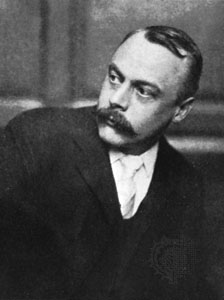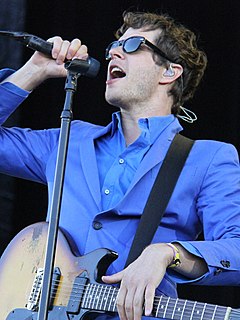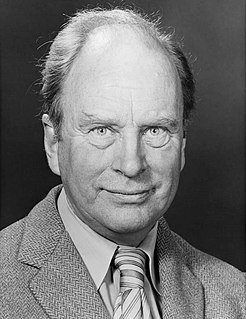A Quote by Ethan Canin
I think Bellow's the greatest American writer of his century, personally. When I read him, I'm in awe.
Related Quotes
Then suddenly the Mole felt a great Awe fall upon him, an awe that turned his muscles to water, bowed his head, and rooted his feet to the ground. It was no panic terror - indeed he felt wonderfully at peace and happy - but it was an awe that smote and held him and, without seeing, he knew it could only mean that some august presence was very, very near.
At one point I would read nothing that was not by the great American Jews - Saul Bellow, Philip Roth - which had a disastrous effect of making me think I needed to write the next great Jewish American novel. As a ginger-haired child in the West of Ireland, that didn't work out very well, as you can imagine.
Read him slowly, dear girl, you must read Kipling slowly. Watch carefully where the commas fall so you can discover the natural pauses. He is a writer who used pen and ink. He looked up from the page a lot, I believe, stared through his window and listened to birds, as most writers who are alone do. Some do not know the names of birds, though he did. Your eye is too quick and North American. Think about the speed of his pen. What an appalling, barnacled old first paragraph it is otherwise.
In my acquaintance with John Rawls, I found him to be a simple and honest man, who just by chance also happened to be the greatest moral philosopher of the twentieth century. I would like to think that I could emulate at least his modesty - his refusal to exaggerate his perception of himself and his place in the larger scheme of things - even if my work never compares with his in its importance.
Oh, I love labels, as long as they are numerous. I'm an American writer. I'm a Nigerian writer. I'm a Nigerian American writer. I'm an African writer. I'm a Yoruba writer. I'm an African American writer. I'm a writer who's been strongly influenced by European precedents. I'm a writer who feels very close to literary practice in India - which I go to quite often - and to writers over there.
My father was the editor of an agricultural magazine called 'The Southern Planter.' He didn't think of himself as a writer. He was a scientist, an agronomist, but I thought of him as a writer because I'd seen him working at his desk. I just assumed that I was going to do that, that I was going to be a writer.
There's the fact that American fiction is basically the most apolitical fiction on the globe. A South American writer wouldn't dare think of writing a novel if it didn't allude to the system into which these people are orchestrated - or an Eastern European writer, or a Russian writer, or a Chinese writer. Only American writers are able to imagine that the government and the corporations - all of it - seem to have no effect whatsoever.
David Foster Wallace is a big idol of mine. His writing is so clear that for years I'd read him and think, My God, he is actually writing the way I think. He's describing the thoughts in my head. And then I realized, No, wait. He's just such a good writer, so transparent and articulate, that when he describes his thoughts, I think they're my own.


































